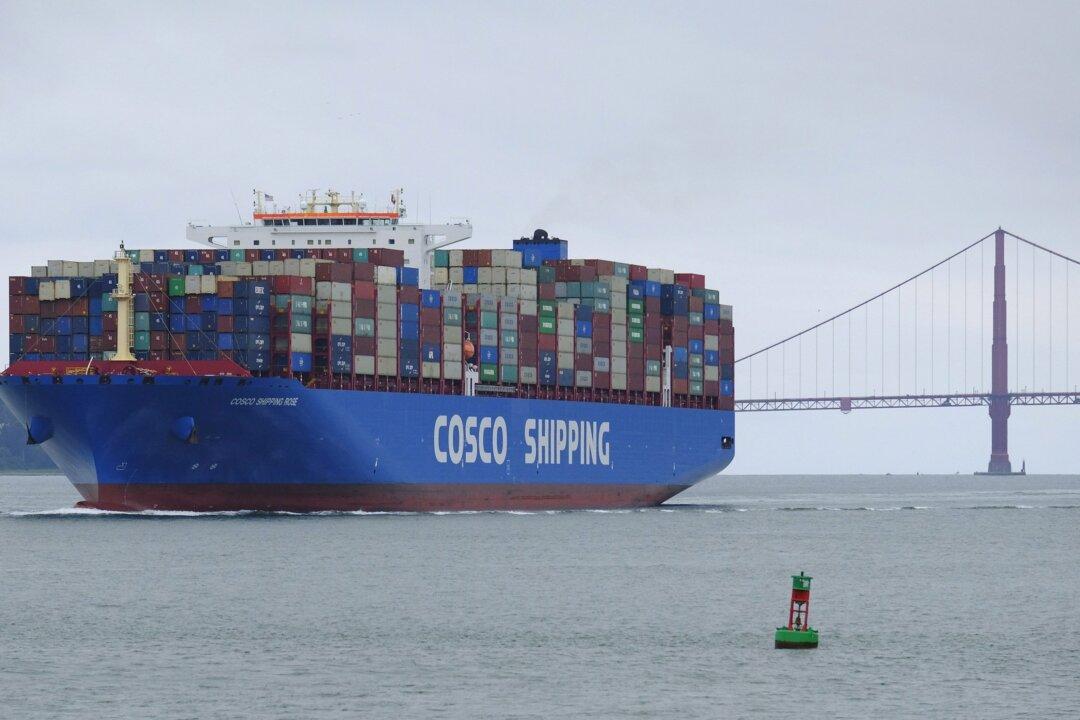The Biden administration is reinstating tariff exclusions on 352 Chinese goods after previous exemptions placed by the Trump administration had expired.
“The determination reinstates 352 of the 549 eligible exclusions. The reinstated product exclusions will apply as of October 12, 2021, and extend through December 31, 2022,” the United States Trade Representative (USTR) said in a March 23 press release.





